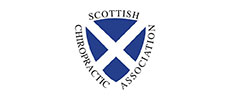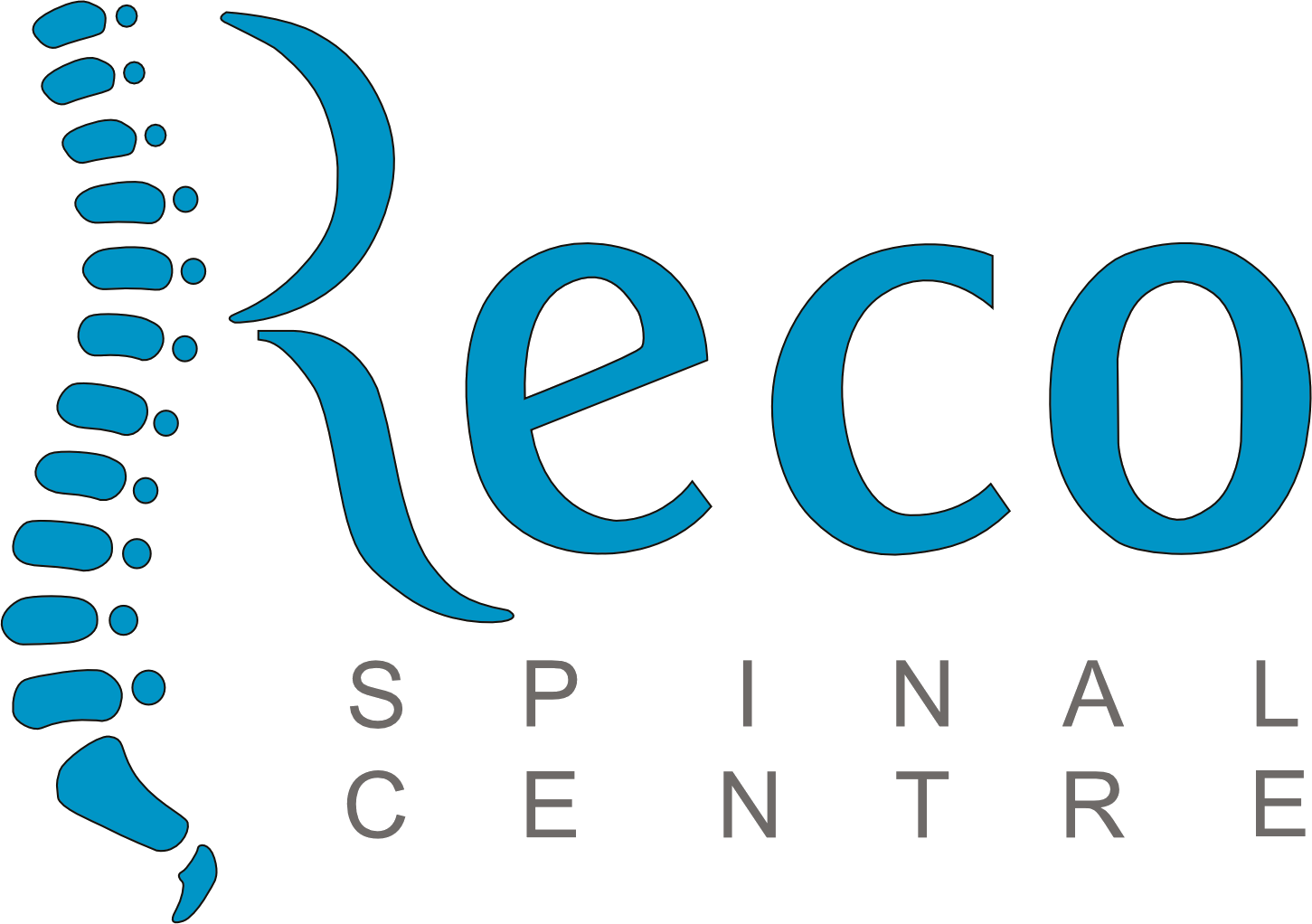4.7 ★★★★★ 220+ reviews on Google
Why Choose Reco Spinal Centre for Shoulder Pain?
At Reco Spinal Centre, we take pride in helping clients with shoulder issues. These problems don’t always stem from injuries; they can also originate from skeletal structure misalignments, and we have found this to be true in many cases while treating our clients.
Often, our clients have sought help from various consultants to alleviate their pain, but shoulder problems can be multifaceted. To effectively address these issues, we examine the entire biomechanical chain. Our comprehensive assessments of your spinal structure allow us to identify the root cause of your discomfort and formulate a tailored plan to support your recovery.
Our dedicated team collaborates to provide you with a holistic approach to care. You’ll receive comprehensive support from massage therapy and physiotherapy to chiropractic care and spinal therapy throughout your healing journey.
Our on-site X-ray facility can also rule out any degenerative conditions that may be affecting your recovery. This thorough approach helps us fast-track your healing process and get you back to your normal activities as quickly as possible.
What Is Shoulder Pain?
The shoulder is a ball-and-socket joint made of three main bones: the collarbone (clavicle), upper arm bone (humerus) and shoulder blade (scapula). The joint is shallow so it relies upon surrounding soft tissues such as cartilage, muscles and tendons to support it and keep it operational.
Our Bristol based chiropractors and therapists help patients every day with shoulder problems by relieving the pain, diagnosing the root cause and offering support through to a full recovery.
Common symptoms can include: pins and needles in the arm, hand or fingers; pain in the region of the shoulder; weakness in muscles in the general area of the shoulder; poor mobility and stiffness.
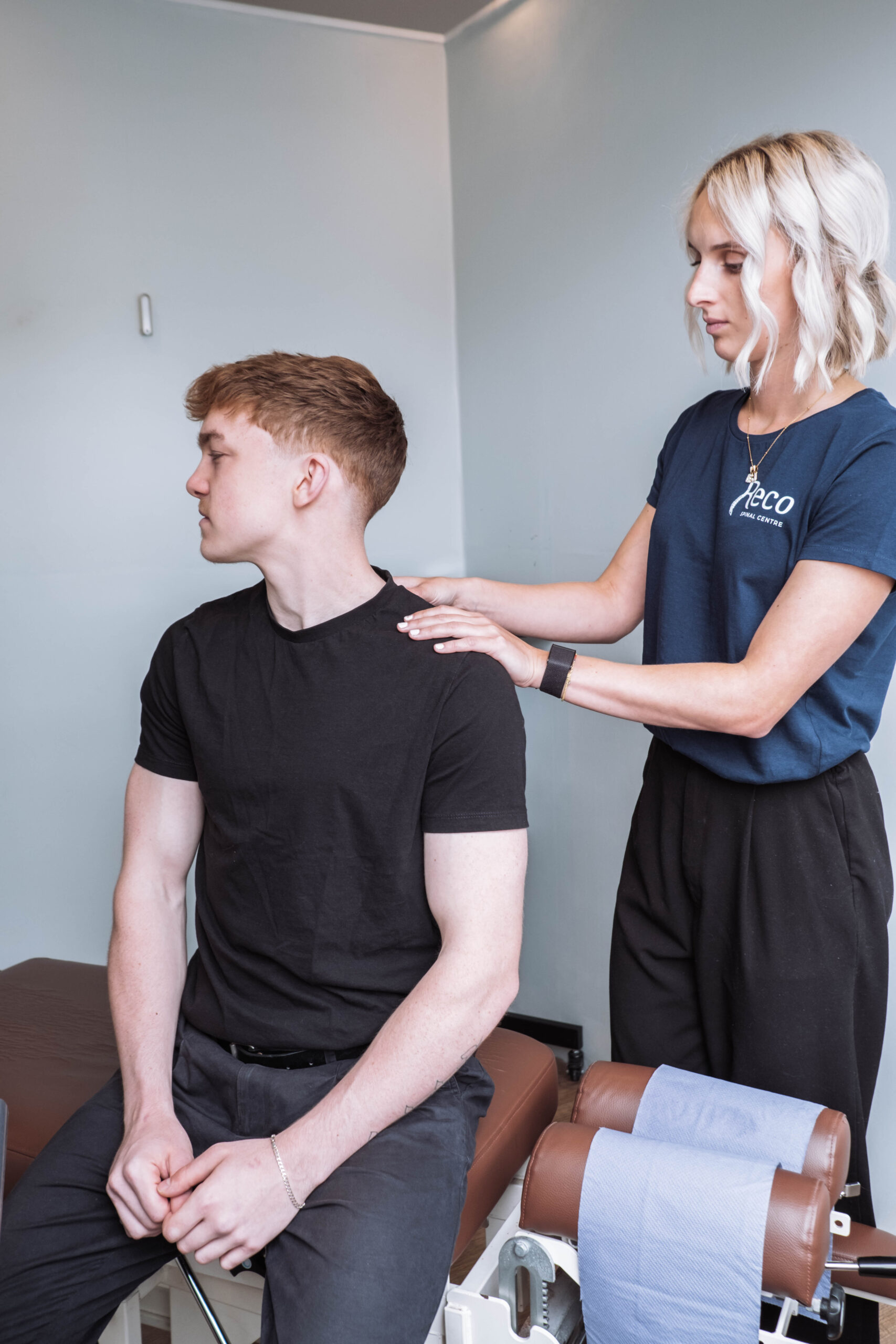
What Are the Causes of Shoulder Pain?
Shoulder pain is common. We see many Bristolians during the week that have pain in their shoulder that may be due to a specific injury or trauma but sometimes the cause can be as innocent as throwing a ball for a dog, over and over again, every day (we recommend buying a ball thrower in these cases).
The causes of shoulder pain that are treated and managed at Reco Spinal Centre include:
- Injuries or tears involving the rotator cuff
- Frozen shoulder (tissue and ligaments around your shoulder joint become inflamed, painful and stiff)
- Muscle strains or tears
- Shoulder impingement disorder (tendons rub against surrounding soft tissue and bone)
- Tendonitis (inflammation of the tendons)
- Tendonopathy (degeneration of the tendon)
- Trapped nerve
- Arthritis
- Shoulder joint instability
- Poor posture
Treatment for Shoulder Pain
The appropriate programme of treatment and rehabilitation for shoulder conditions depends on the root cause diagnosed by our experts.
Treatments offered at the clinic include:
- Massage therapy and soft tissue work to treat tight painful muscles and joints
- Treatment to surrounding regions that may be impacting the shoulder (neck and back)
- Manipulation and mobilisation
- Specific exercise and posture work
Shoulder conditions often require ongoing treatment and are not resolved immediately. It may take in excess of two weeks before the condition starts to improve and six months or more for a complete recovery.
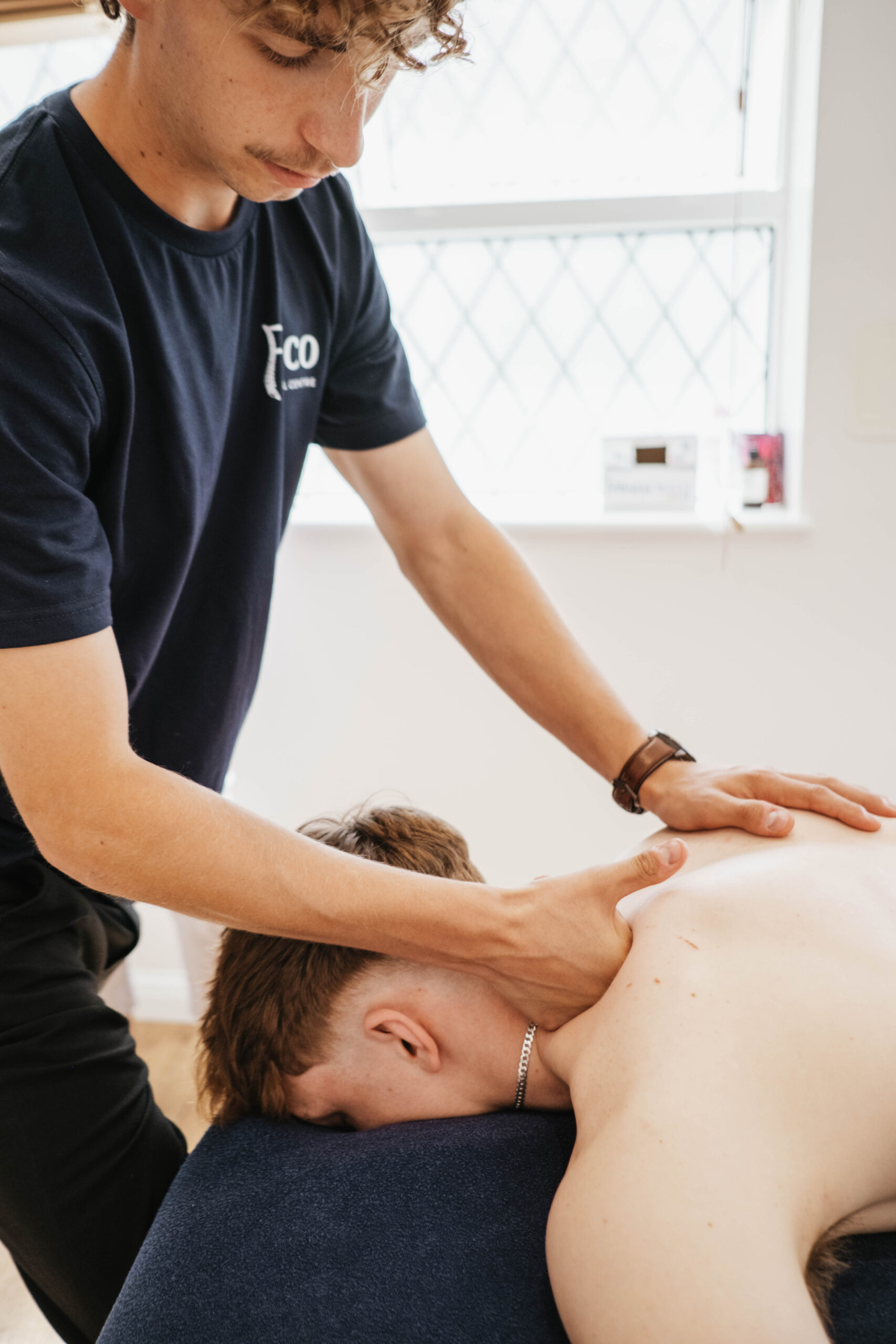
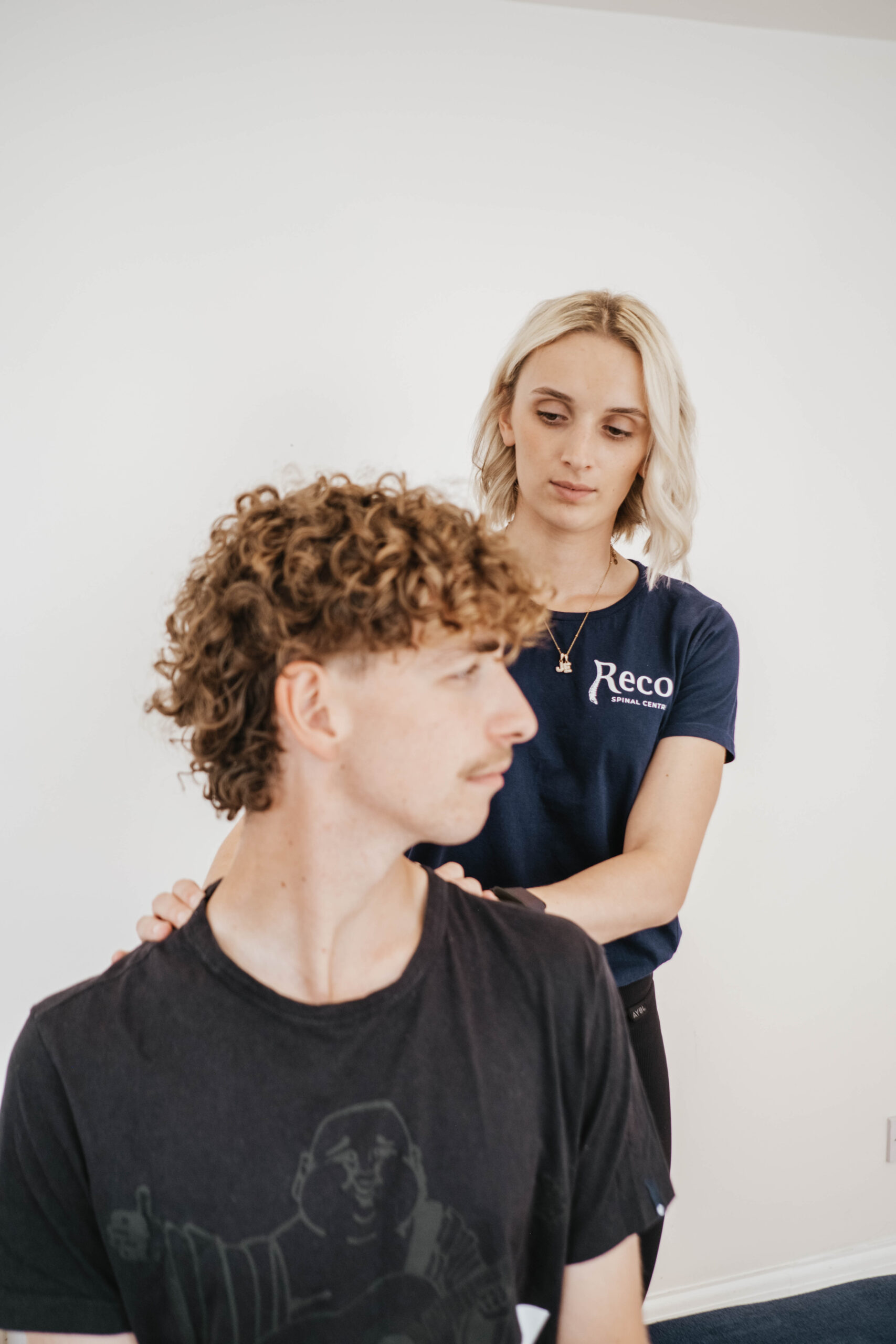
Prevention of Shoulder Pain
Following treatment at our clinic, our specialists provide each patient with bespoke advice to aid the prevention of shoulder pain reoccurring. Appropriate exercise and stretching helps to strengthen an injured shoulder undergoing rehabilitation and improve mobility and flexibility.
Although rest can be an important component to recovering from a shoulder issue, too much rest can actually cause more problems and make it worse.
Ensuring good posture will also help to prevent strain and stiffness. Simple adjustments can make a big improvement to a person’s recovery process and prevent recurring problems with shoulders. This can include standing up straight with shoulders down and slightly back, not slouching in seats and readdressing the way you sleep.
Patients are often advised to avoid strenuous activities that could put a shoulder under excessive strain and pressure, especially during the recovery process.
Testimonials
Our Customer Stories
We Welcome you to give chance to serve you
Crafting Healthier Homes, One Adjustment At A Time
We are accredited by:
